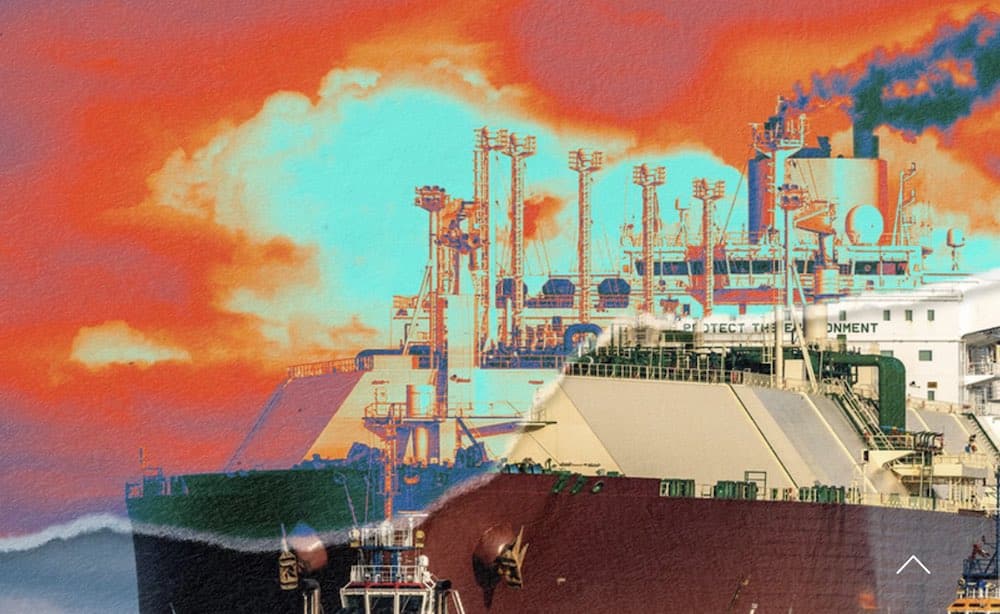New Tool Reveals Stranded Asset Risks for Shipping Industry

During New York Climate Week, the University College of London Shipping and Oceans Research group, in collaboration with the Kuehne Climate Centre, unveiled an innovative online tool designed to assess stranded asset risks in the shipping sector. This new resource utilizes updated data, encompassing a broader range of temperature scenarios and transport demands, to evaluate the vulnerability of fossil fuel-carrying vessels. The tool aims to inform stakeholders about potential financial risks associated with these ships, particularly in light of declining fossil fuel usage.
Insights into Financial Risks and Future Trends
The newly launched Shipping Transition website provides a comprehensive analysis of the future supply and demand dynamics for various fossil fuel-carrying ship types. According to the creators, the tool is intended for ship owners, investors, and other stakeholders in the shipping value chain. It offers straightforward, high-level estimates that can help users understand the potential for stranded assets in their fleets.
Lloyd’s Register commissioned research reveals the rapid rise of AI in maritime
One striking finding from the research indicates that the $48 billion invested in LNG carriers could face significant write-offs by 2035. This projection is based on a 1.5°C climate scenario, which anticipates an oversupply of LNG carriers as global fossil energy consumption declines. In contrast, oil and LPG tankers exhibit a lower risk profile due to their adaptability in switching to alternative cargoes.
Maarten Biermans, a partner at Prow Capital, emphasized the importance of this tool for financiers involved in the shipping industry. He stated that it can assist them in identifying and mitigating stranded asset risks while enhancing discussions with regulators. The tool also highlights where financial risks are most concentrated, revealing that 75% of the fossil fuel-carrying fleet is held on corporate balance sheets in the top ten shipowning nations, including Japan, South Korea, Greece, and China.
Furthermore, companies based in the United States face substantial risks due to their fleet ownership. The New York Stock Exchange stands out as the largest trading venue for companies owning fossil fuel-carrying vessels, accounting for approximately 12.5% or $42 billion of the total estimated value of the existing fleet. This underscores the pressing need for stakeholders to engage with the new tool and understand the evolving landscape of the shipping industry.
